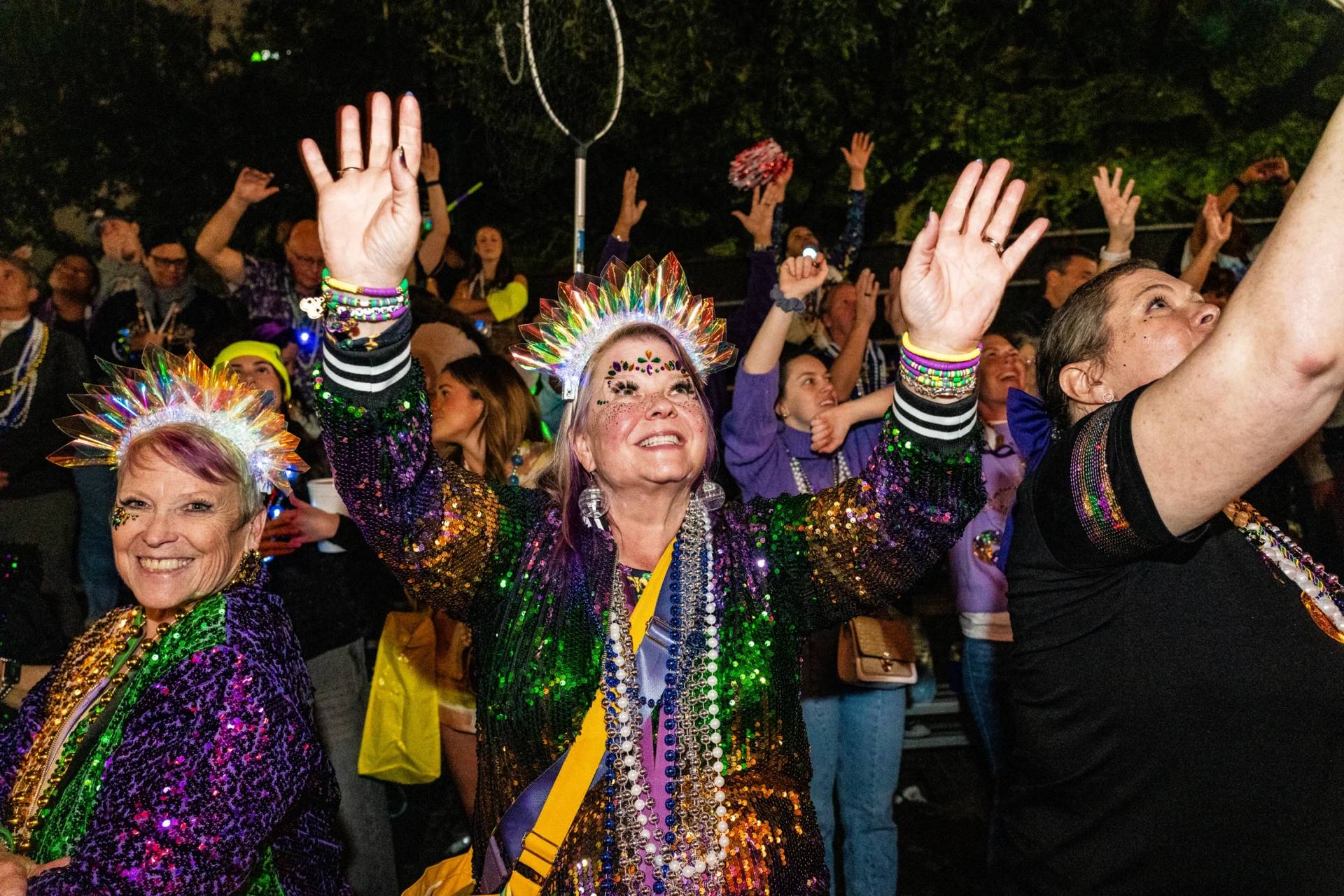WASHINGTON, D.C. — Virtually addressing members of consecrated life serving the Archdiocese of Washington, Cardinal Wilton D. Gregory spoke of the challenges of the past year and thanked them for the work they do.
The biggest challenge of this past year, he said, has been “not being able to be with the people of God.”
“We need sacramentality,” he told more than 50 members of consecrated life gathered online for an Advent Day of Reflection Dec. 19.
He also asked the women and men religious to pray for the “increase of knowledge and acceptance of vaccines that are out there,” noting members of his own African American community have real hesitations and mistrust of health professionals because of historical tragedies and mistreatments by the medical establishment.
The cardinal thanked the group for their efforts during the pandemic, saying they stepped in where they were needed and cared for each other and for the community.
“We gratefully know there are those serving the sick in hospitals, and those advocating for the outcast, the marginalized and the most vulnerable are engaged in that type of vigilance. While there may be civil unrest and strife, many let their voice be heard to combat historic discrimination, hatred, indifference, and bigotry against those who may be different,” he said.
“You are providing hope. This is our call: to respond despite trials and the presence of all kinds of evil including racism, injustice and inequalities that certainly existed prior to this pandemic and somehow have only intensified in this pandemic.”
After his prepared remarks, he answered questions and acknowledged that although not a member of a religious order himself, he learned from his own encounters with those in consecrated life that “not every prior sees life in the same way.”
The prelate advised the women and men religious to “make room for their own differences” and “model good dialogues” in their home communities.
He also stressed the need for finding common ground in discussions — especially difficult or challenging ones, citing his work with dialogues between Jewish and Catholic leaders. He encouraged the members of the religious communities to speak honestly about their own experiences and more importantly listen “with an open heart.”
He urged the members to acknowledge the “sinfulness and brokenness” of institutional racism within the church and said it is “important for religious communities to know their history — the good, the bad and the ugly.”
When asked about the protests against racial injustice this year, the cardinal said the faithful know all men and women are created equal and should be respected at all times.
“We cannot support, nor do we endorse, violence or the kinds of behavior that destroys lives, property or hope,” he added.
Gregory also was asked about President-elect Joe Biden and he assured the group that he would share with him “that which he is doing good but also remind him of what he doesn’t want to hear.”
He was asked about his decision to speak out against President Donald Trump’s appearance in June at the St. John Paul II National Shrine the morning after protesters had been gassed in Lafayette Square to clear the area for the president’s photo opportunity holding a Bible in front of St. John’s Episcopal Church there.
The cardinal said he never welcomes enmity. “I have to speak the truth; sometimes the truth stings.”
Trump made the visit before he signed an executive order back at the White House to expand U.S. support for international religious freedom efforts.
The crosstown trip June 2 was excoriated by several Catholic leaders, including Gregory. He said at the time he found it “baffling and reprehensible that any Catholic facility would allow itself to be so egregiously misused and manipulated in a fashion that violates our religious principles” by allowing the visit.
Sister Gilmary Kay, a Religious Sister of Mercy, who is the Archdiocese of Washington’s delegate for Consecrated Life who organized the gathering said she would have preferred to meet in person but said this was a “happy medium.”
“Religious do so much in the Archdiocese of Washington, (and) we want to thank them and provide something spiritually nurturing for them,” she said.
She also said she was grateful for the cardinal’s presence noting that “communion builds trust and relationships — it is wonderfully fruitful that way.”
Mumola is a freelance writer for the Catholic Standard, archdiocesan newspaper of Washington.














